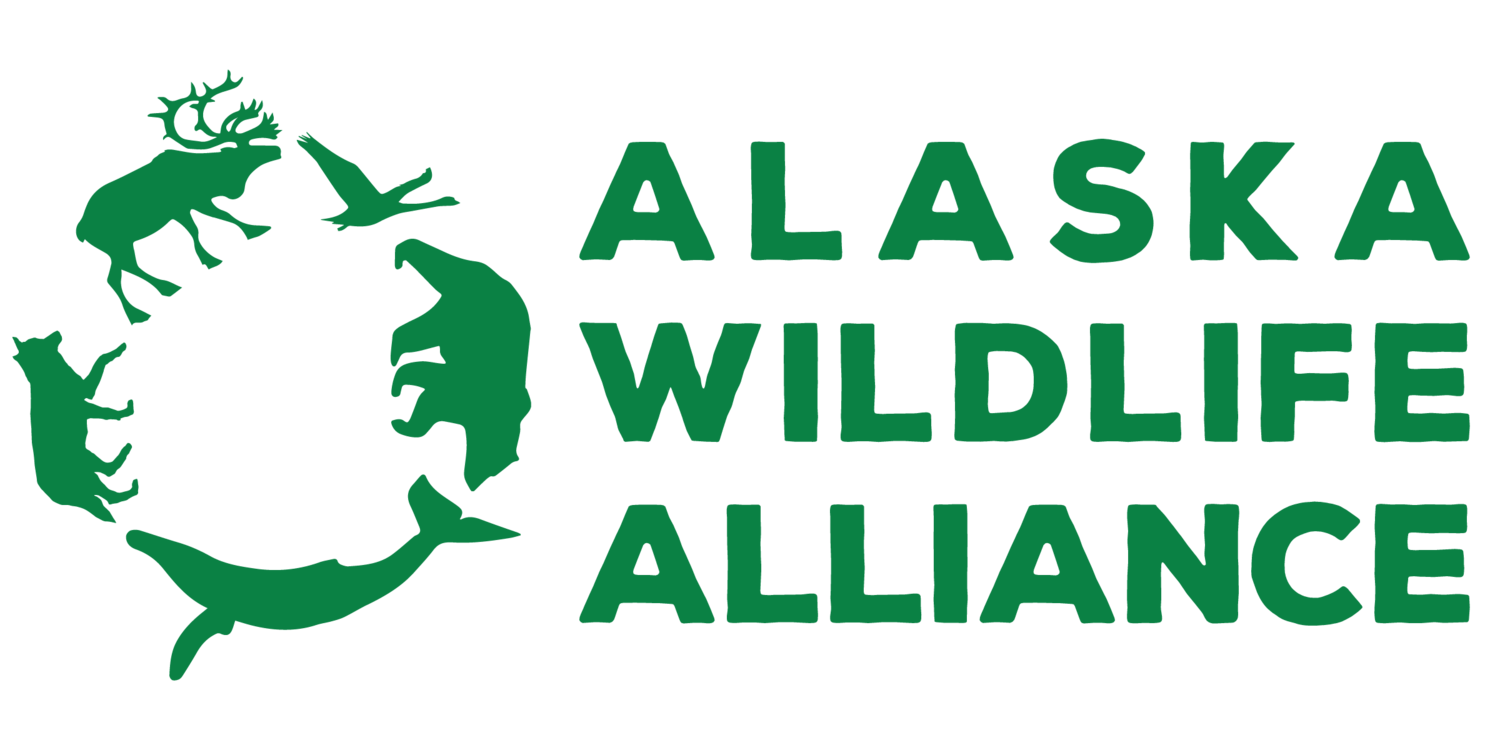Today, AWA and our partners, represented by Trustees for Alaska, filed an objection in U.S. District Court over a magistrate’s findings and recommendation that would let stand a U.S. Fish and Wildlife Service rule allowing oil and gas companies to harass Southern Beaufort Sea polar bears. The magistrate submitted findings this month on our lawsuit challenging the incidental take regulations for oil and gas activities on Alaska’s North Slope.
The 2021 Biden administration rule lets oil and gas companies harass already threatened Southern Beaufort Sea polar bears and ignores the likelihood that these activities could cause injury and death. Our lawsuit charged Fish and Wildlife Service with violating the Marine Mammals Protection Act, the National Environmental Policy Act, and the Endangered Species Act.
“‘Harassment’ is a fancy legal way of saying that an action disturbs or injures these polar bears, who are already on the Threatened Species List,” said Nicole Schmitt, executive director of Alaska Wildlife Alliance. “We are extremely disappointed with the magistrate’s findings around a rule allowing oil and gas companies to harass almost half of the polar bears left in the Southern Beaufort Sea population. Continued harassment can stress polar bears to the point of injury or death, and there are only about 900 of these polar bears left. On top of rapid climate change, we should be looking at ways to save this species, not harm them.”
The 2021 rule allows oil and gas corporations to harass polar bears while carrying out broad and intensive industrial activities for five years from 2021-2026. It gives the go ahead for oil operators to harass bears in ways that compel the animals to delay or stop feeding, hunting, tending young, interacting with other bears, and generally focusing on survival. This harassment includes scaring bears off with noise, equipment, and vehicles, and disrupting polar bear denning or eating sites. Fish and Wildlife Service’s own evidence made it clear that the oil and gas activities proposed would have significant, and possibly lethal impacts, to polar bears. But the agency brushed those findings under the rug.
“The rule doubles down on the threat to the Beaufort Sea polar bear population by letting an industry already responsible for a climate crisis also harm and potentially kill polar bear cubs while further industrializing the bears’ habitat for oil and gas,” said Bridget Psarianos, senior staff attorney with Trustees for Alaska. “Our objection to the magistrate’s recommendation goes to the core of biodiversity health and the laws designed to protect it. Fish and Wildlife Service shrugged off its obligation to the law and the public by failing to fully consider the impacts of industry’s harm to polar bears. We are optimistic that the District Court will take our objections seriously and reconsider this case.”
For denning cubs, who are weak and need time in their dens with their mothers, this harassment can be fatal. Fish and Wildlife Service’s own science presented a 95 percent probability that the North Slope’s oil and gas activities will cause serious injury or death to polar bears over the regulation’s five-year period.
The administration issued the regulation after Alaska Oil and Gas Association asked the U.S. Fish and Wildlife Service to allow oil and gas operators in Alaska to harass polar bears and walruses in the Beaufort Sea and on the North Slope. Trustees for Alaska filed a lawsuit with the Center on Biological Diversity on behalf of clients in September 2021. The law firm Trustees for Alaska filed the lawsuit on behalf of seven groups and represents five clients in the case: the Alaska Wildlife Alliance, Alaska Wilderness League, Defenders of Wildlife, Environment America, and the Sierra Club, which also represents itself. Trustees is co-counseling with the Center for Biological Diversity, which represents itself and Friends of the Earth.


